Math geeks know all about Inverse Discrete Cosine Transforms (IDCT) and a popular use is in the hardware architecture of High Efficiency Video Coding (HEVC), also known as H.265, the new video compression standard and widely used in consumer and industrial video devices. You could go about hand-coding RTL to create an IDCT function,… Read More
Author: Daniel Payne
Device Noise Analysis, What Not to Do for AMS IC Designs
AMS IC designers have a lot to think about when crafting transistor-level designs to meet specifications and schedules, so the most-used tool in their kit is the trusted SPICE or FastSPICE circuit simulator to help analyze timing, power, sensitivity and even device noise. I just did a Google search for “device noise analysis… Read More
Choosing C++ or SystemC for High Level Synthesis
Most engineers learn by doing, and so at DAC in June an EDA vendor with High Level Synthesis (HLS) tools held a language tutorial on choosing C++ or SystemC for design and verification projects. The EDA company is Calypto, and Stuart Clubb put together the tutorial on using synthesizable C++ or SystemC. The design and verification… Read More
How ARM Implemented a Mali GPU using Logic Synthesis and Place/Route Tools
ARM is a well-known semiconductor IP provider and they often create a reference design so that SoC companies can have a starting point to work with. On the GPU side of IP the ARM engineers have an architecture called Mali, and a recent webinar hosted by Synopsys reviewed how the physical design area was minimized by using a combination… Read More
Benefits of RTL Power Budgeting
Only one company at the recent DAC conference and exhibit had a set of four interacting disciplines: Fluids, Structures, Electronics and Systems. Did you guess that the company was ANSYS? I get so IC focused at times that I almost forget that chips plug into boards, that boards become systems, and that systems drive and control mechanical… Read More
Tackling Layout Gradient Effects in 16 nm FinFET using Layout Automation
My first exposure to automating IC layout was back in the 1980’s at Intel where I coded a layout compiler to auto-generate about 6% of a graphics processor chip. The need to use automation for IC layout continues today, and with the advent of FinFET technology there are some new challenges like layout gradient effects that … Read More
Circuit Simulation Update from #52DAC
Actual users of circuit simulators told their design and simulation stories at DAC during a luncheon sponsored by Synopsys on June 8th. I always prefer to hear from a design engineer versus a marketing person about what tool they use for circuit simulation, and how it helps them analyze their design goals. This year there were engineers… Read More
Trends in Automotive Electronics at #52DAC
The coolest and most expensive car at DAC this year had to be the McLaren P1, priced at $1,150,00 and powered by a 903 hp gas/electric hybrid. Electronics are used in autos to provide safety features, infotainment, motor control and performance.
Also at DAC this year there was an Automotive Village with more cars and experts from … Read More
A Systems Company Update from #52DAC
On Sunday night at DAC we heard from Gary Smith that traditional EDA companies need to grow into new market segments in order to stay relevant, and that a systems-level approach to multi-disciplinary engineering was called for. I almost jumped out of my seat and said, “Hey, what about Dassault? They are already doing that … Read More
What’s New in Functional Verification Debug
We often think of EDA vendors competing with each other and using proprietary data formats to make it difficult for users to mix and match tools, or even create efficient flows of tools. At the recent DAC event in San Francisco I was pleasantly surprised to hear that two EDA vendors decided to cooperate instead of create incompatible… Read More


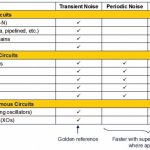
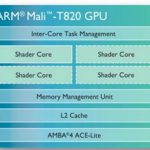
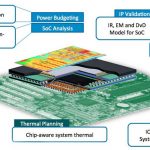
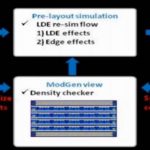






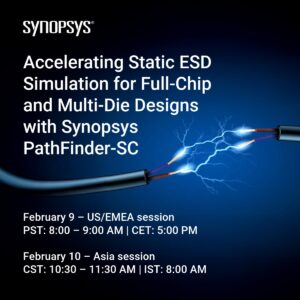


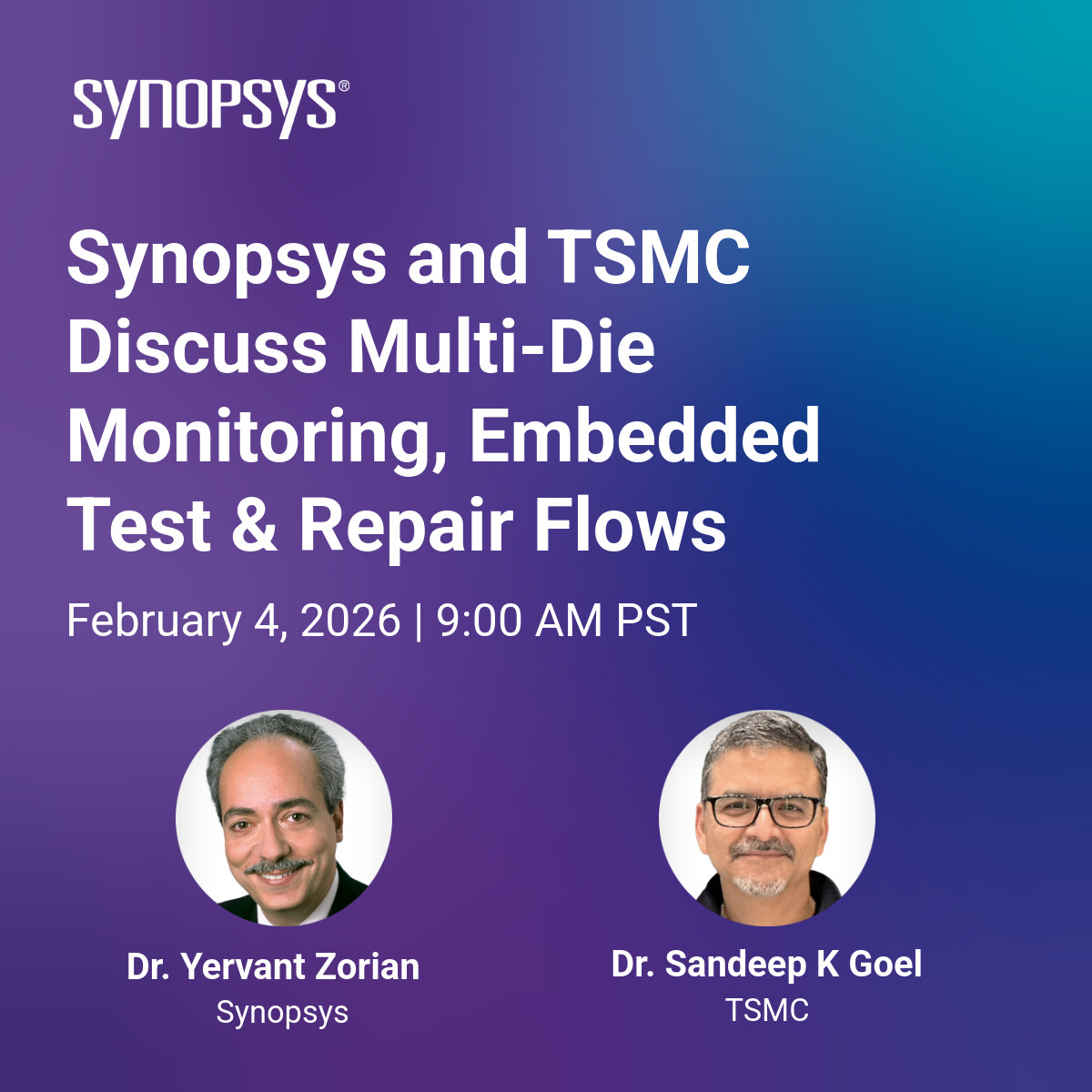


The Foundry Model Is Morphing — Again